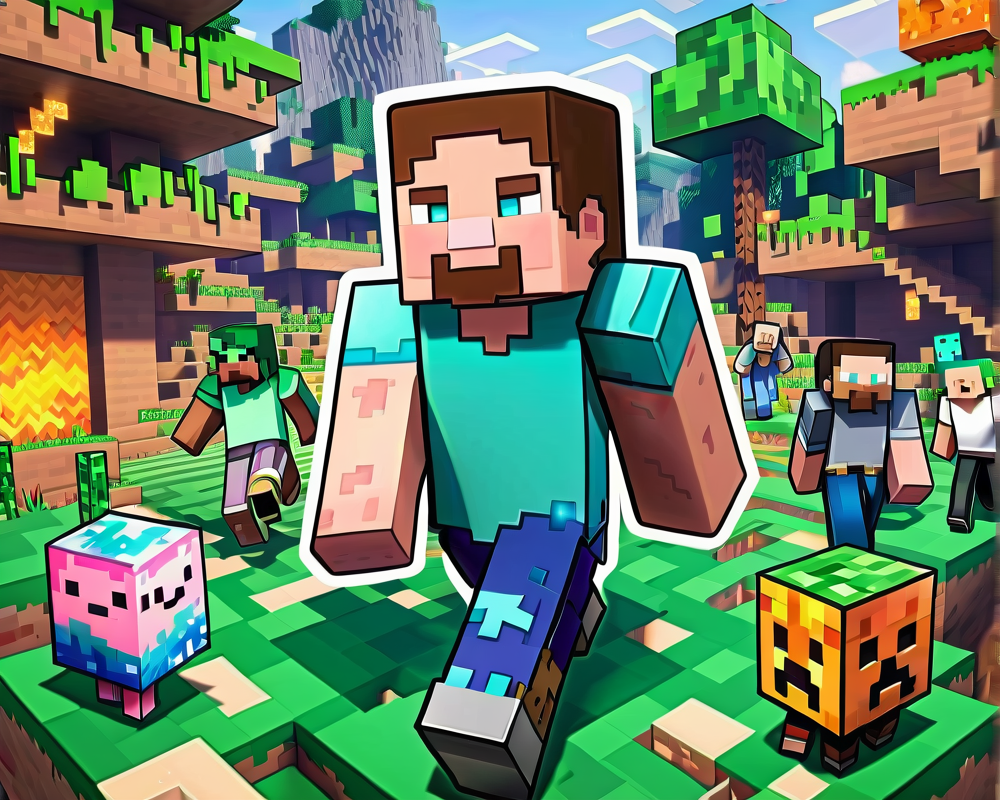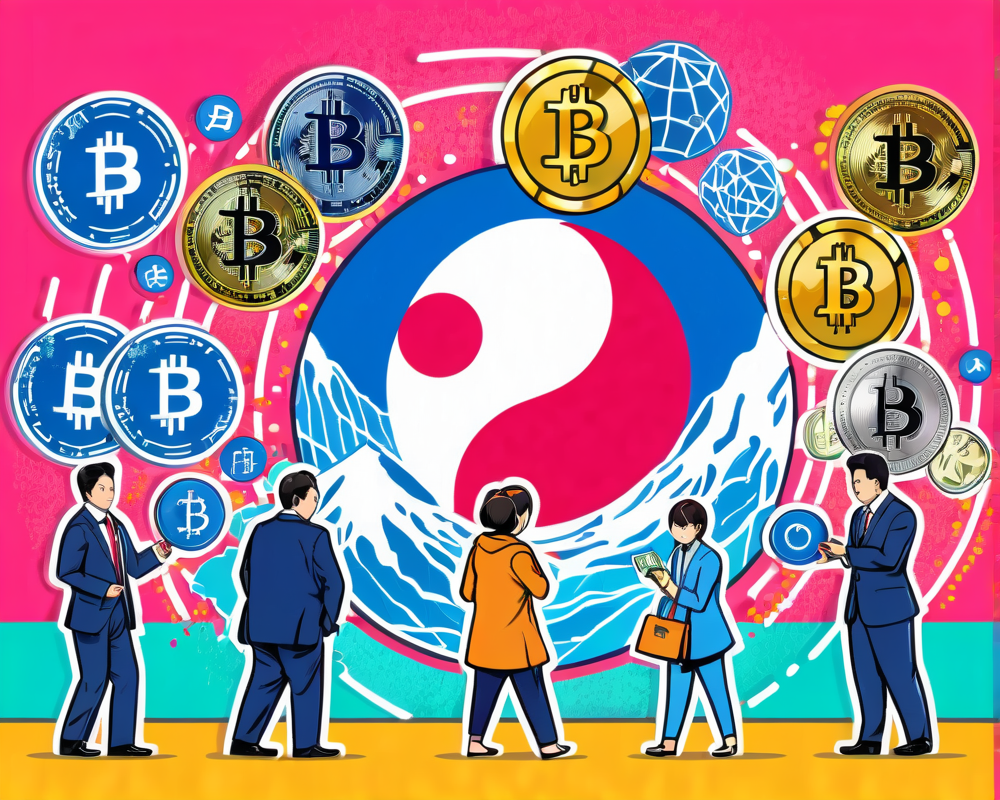The Spark Behind the Controversy
When NBA player Spencer Dinwiddie announced his audacious plan to tokenize his $34.4 million contract, he probably didn’t expect a swift and stern rejection from the league. The NBA, with its collective bargaining agreement (C.B.A.) in hand, stamped Dinwiddie’s dream right out of the gate, citing a no-go on his investment scheme.
The NBA’s Stance
The NBA’s rebuff of Dinwiddie’s initiative was clear and decisive. In their statement, they underscored that athletes can’t assign or transfer their compensation rights to third parties. Essentially, the league is staunchly protective of their players’ contracts, perhaps thinking about how it would look if every player began issuing stock options instead of just focusing on the game.
Dinwiddie’s Response
Never one to back down easily, Dinwiddie expressed his desire to clarify his vision to NBA officials. “What better way to be invested in a player as a fan than to have some level of skin in the game?” he mused. His concept revolves around aligning fan interests directly with player performances, effectively merging investment and fandom in a previously unseen fashion.
The Mechanics of His Plan
Dinwiddie’s proposition was to enable investors to buy shares in his performance, akin to stocks in a company. By capitalizing on his abilities to secure better contracts, Dinwiddie would have offered a tantalizing investment opportunity. He aimed to raise between $4.95 million to $13.5 million through an Ethereum-based security token via his company, Dream Fan Shares, with minimum investments set at $150,000. Imagine an investment that pays dividends not just in cash but in thrill as fans watch their investments grow with every hoop he scores!
Broader Trends in Sports Tokenization
This isn’t an isolated idea; rather, it fits within a broader trend where sports franchises explore tokenization. For example, the Turkish Football Club Galatasaray is set to launch Ethereum-based fan tokens through a partnership with blockchain sports fan startup Socios. It’s like sports teams are doing a new dance—some stepping forward, while others are still figuring out the tempo.
The Bottom Line
While Dinwiddie’s plan to tokenize himself may not have taken flight, it opens up interesting conversations about the intersection of sports, investment, and fandom. Perhaps someday, with the right tweaks and approvals, we’ll see a world where we can literally invest in our favorite players—not just shouting from the stands but also having some skin in the game.




